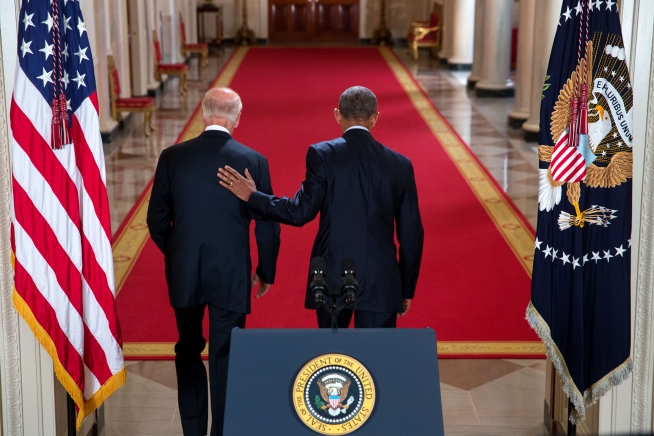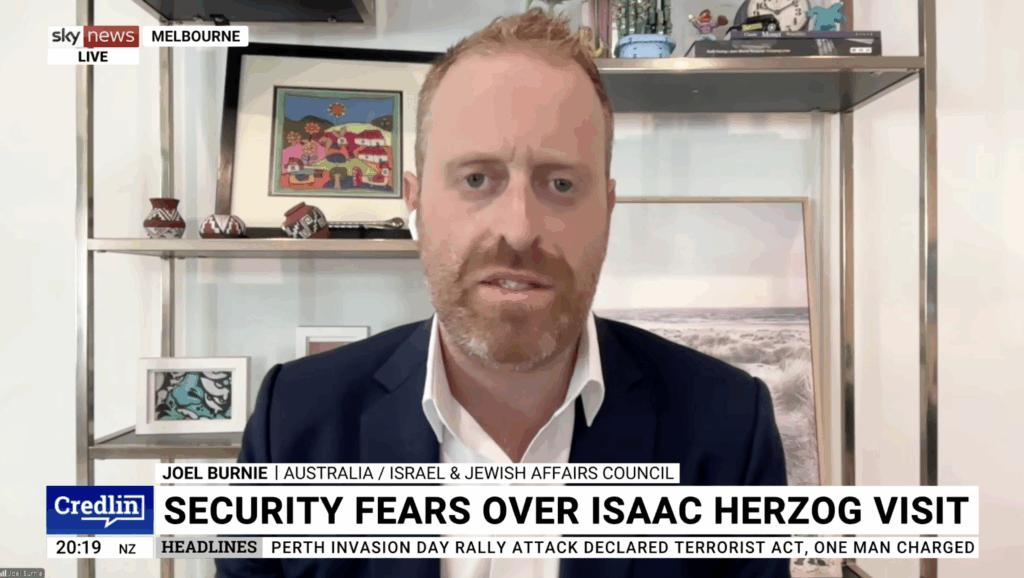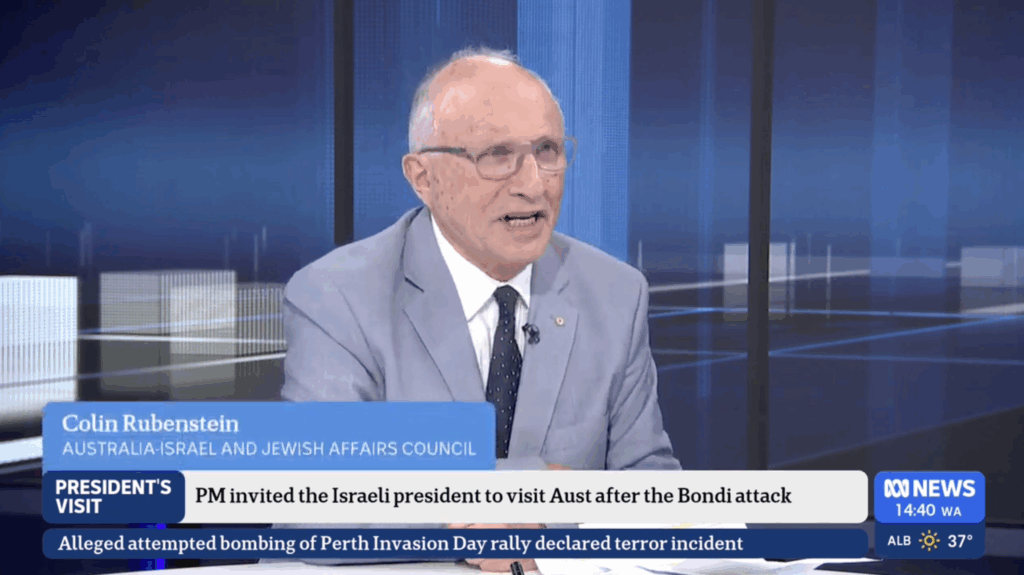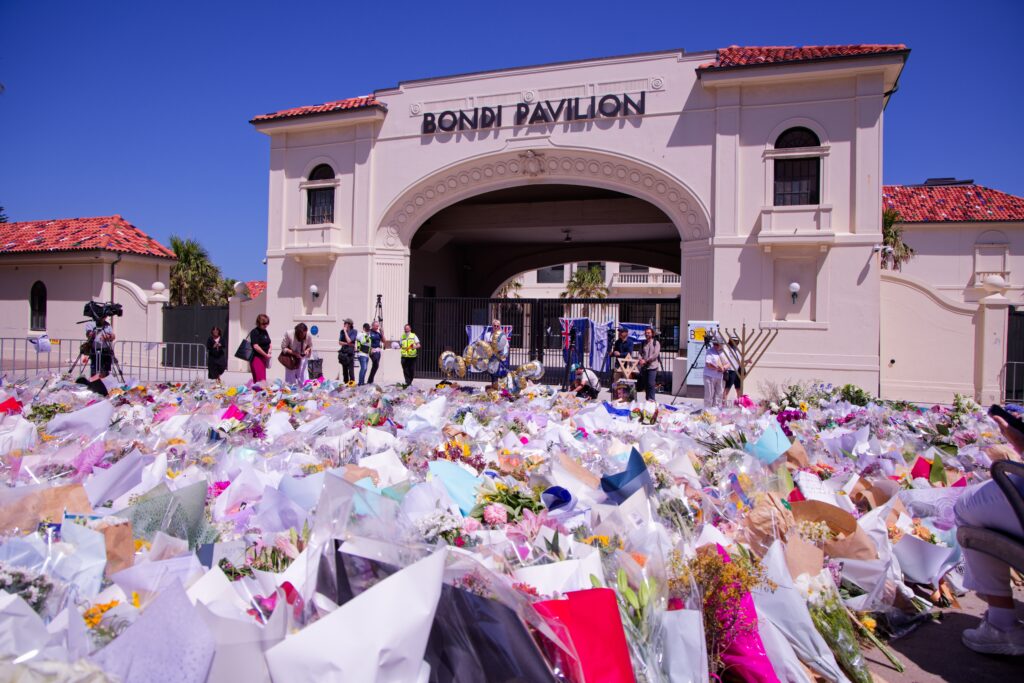IN THE MEDIA
Iran: a better deal needed
July 18, 2015 | Colin Rubenstein

Colin Rubenstein
ASPI Strategist – 18 Jul 2015
At the heart of the international effort to stop Iran from developing nuclear weapons has been the knowledge and understanding that Iran is a dangerous, expansionist rogue country and a leading state sponsor of terrorism that must be prevented from obtaining even the capability to produce the world’s most dangerous weapons.
The newly unveiled Iran nuclear agreement represents an historic mistake for the simple reason that it has traded-and even the deal’s crafters admit this-at best a temporary delay in Iran’s drive towards nuclear weapons for permanent international legitimisation of Iran’s nuclear program. It will also lead to a supercharging of Iran’s economy and conventional military capabilities and a removal of all penalties for Iran’s global terror activities, past and present.
This agreement lavishly rewards Iran for embarking on its illegal nuclear program, changes the balance of power strongly towards the Iranian bloc, and promotes Iranian hegemony in the Middle East despite the fact that its expansionist international agenda and repressive domestic policies persist.
This is a concern shared not only by Israel, threatened by Iranian proxies on its Gaza and Lebanese borders, but other countries in the region. Indeed, we can see Iran’s ‘handiwork’ throughout the Middle East; whether through support of the murderous Assad regime in Syria, Shiite interests in Iraq or the Houthis in Yemen-and all this happening even under sanctions. Such Iranian terror sponsorship and military intervention is certain to increase exponentially from the $150 billion windfall that Teheran is expected to reap from the lifting of sanctions as a result of this agreement.
When and why did the global objective to stop Iran acquiring nuclear weapons get downgraded to stop building a nuclear bomb for only the next 10-15 years? Alarmingly, this agreement paves the way for Tehran to develop a nuclear weapons capability whether it follows the terms of the deal or not. If Iran decides to violate the deal in a selective and piecemeal fashion-not improbable given its track record of cheating-the contrived, ‘managed’ inspection scheme combined with vague, tardy compliance mechanisms, will make it extremely difficult to hold Iran accountable.
Western demands during negotiations for ‘anywhere, anytime’ inspections have been diluted in the final agreement to ‘sometime, someplace’ inspections that Iran will find easy to avoid. It’ll take at least 24 days to force Iran to agree to a ‘snap’ inspection!
Meanwhile, the highly-touted ‘snap-back sanctions’ feature of the agreement that the US insisted would keep Iran wary of any violations has been exposed as a toothless gimmick. Not only would it not apply retroactively to contracts signed between now and the time the sanction is reimposed, but a UN Security Council resolution draft on the agreement being written with full US support would nullify all previous UN sanctions on Iran in 10 years-regardless of Iran’s actions. To put it succinctly, after 10 years, it appears there will be no sanctions to ‘snap back’ to.
In terms of infrastructure, nothing is permanently scaled back, no nuclear sites shut down, and nothing actually dismantled yet Iran can advance certain aspects of their program. Significantly, any curbs on Iran’s research and development of faster centrifuges are temporary. This means that breakout time to the enriched material for a bomb once the agreement concludes would almost certainly be measured in days or weeks, not months. Alarmingly, the deal places no restrictions on Iran’s intercontinental ballistic missile program-useful only as a delivery system for a nuclear warhead, and nothing else.
The end of the arms embargo of Iran will touch off a conventional arms race between Iran and the Gulf Sunni states, while Saudi Arabia has already vowed to procure nuclear weapons if Iran succeeds in developing them. Proponents argue it’s the best possible deal that could be achieved claiming that there was no alternative, except war. Yet President Obama and Secretary of State Kerry previously said that having no deal would be preferable to a bad deal. They are now in effect arguing that any deal by which Iran agrees to limit its nuclear activity in any way is by definition a ‘good deal’ because it is better than war or Iran simply ‘racing’ to a bomb.
In fact, no deal would have been infinitely better than the bad deal delivered. And good diplomatic deals are possible as President George W. Bush’s agreement leading to the total dismantling of Libya’s elaborate nuclear infrastructure in 2003 demonstrates. And one must recall that Iran did pause its nuclear activity in 2003 soon after the US invasion of Iraq. Yet with the credibility of a US military strike reduced as a result of President Obama’s view-well understood in the region-that military action would be even worse than Iran’s eventual acquisition of a nuclear capability, the potential dividends of coercive diplomacy have been squandered.
Indeed, simply renewing indefinitely the Geneva 2013 interim nuclear deal would have been preferable, because it would have kept the sanctions and arms embargo in place, maintaining pressure on Iran over time to abandon its costly nuclear program.
In Washington, all the Republican presidential contenders and informed Democratic and Republican lawmakers are trenchantly exposing the inherent flaws in this deal. Congress has the power to demand the White House strikes a better agreement by overriding a promised presidential veto and prevent the removal of sanctions that this deeply dangerous agreement depends upon.
These rightly troubled US lawmakers have an uphill battle to mobilise enough Congressional support to insist the White House renegotiates a better agreement that will help secure, rather than destabilise, regional and global affairs.
Colin Rubenstein is executive director of the Australia/Israel & Jewish Affairs Council.
Tags: International Security, Iran





